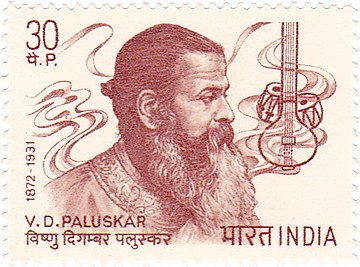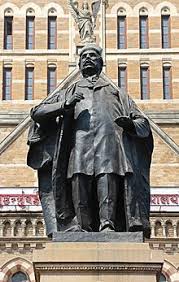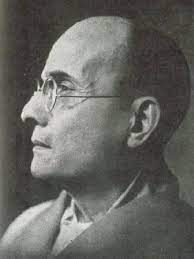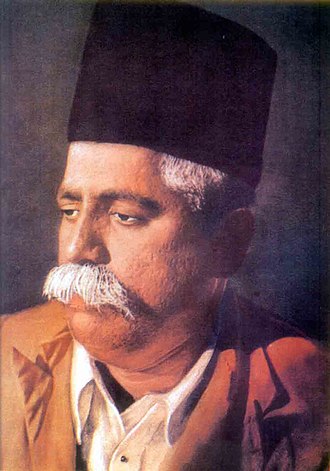Dr #BabasahebAmbedkar was a student at the Columbia University. After reading reports about the plans for a statue, he wrote to the Bombay Chronicle (founded by Sir Pherozeshah Mehta in 1910), opposing the idea of a state as a memorial +
#AmbedkarJayanti2023 #AmbedkarJayanti
#AmbedkarJayanti2023 #AmbedkarJayanti
https://twitter.com/dhavalkulkarni/status/1643942226425438208
Ambedkar said leaders like Mehta and Gopal Krishna Gokhale had "grappled with many of our problems" and were "entitled to everlasting gratitude for the zeal and sacrifice with which they represented our cause." But a memorial in the form of a statue was "very trivial & unbecoming
As a student in one of the biggest universities of the USA, #Ambedkar said he was "thoroughly convinced of the place a library has in the intellectual and social development of a people." He urged the 'Bombay public' to consider the construction of a library as "the fittest and
most lasting memorial" to one of the "greatest heroes of modern Indian history."
Source: A Part Apart: The Life & Thought of B.R. Ambedkar- Ashok Gopal
#AmbedkarJayanti2023 #BabaSaheb #BabasahebAmbedkar #AmbedkarBirthday #AmbedkarJayanti #Ambedkarjayanthi
Source: A Part Apart: The Life & Thought of B.R. Ambedkar- Ashok Gopal
#AmbedkarJayanti2023 #BabaSaheb #BabasahebAmbedkar #AmbedkarBirthday #AmbedkarJayanti #Ambedkarjayanthi
Perhaps #BabasahebAmbedkar's rational & pragmatic position holds a message for us in times where statue politics, politics of totems & symbolism is the opium of the masses!
#AmbedkarJayanti #Ambedkar #Ambedkarjayanthi #BabaSaheb #babasahebambedkarjayanti #AmbedkarJayanti2023
#AmbedkarJayanti #Ambedkar #Ambedkarjayanthi #BabaSaheb #babasahebambedkarjayanti #AmbedkarJayanti2023
• • •
Missing some Tweet in this thread? You can try to
force a refresh

 Read on Twitter
Read on Twitter










